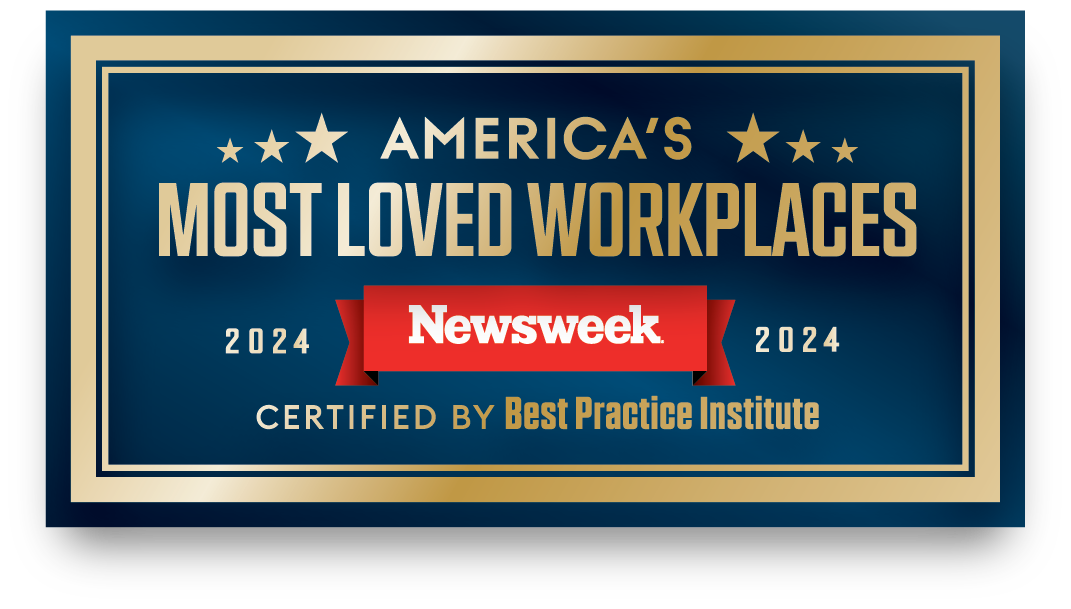Ganje: Many landfills in SD not insured for pollution
Source: http://www.farmforum.net, July 7, 2016
By: David Ganje, Ganje Law Offices
The operation of a municipal landfill, also known as a solid waste facility, involves significant legal risks, such as damage caused from a landfill leaking or contamination of groundwater.
Modern landfills are created with liners and other collection systems designed to prevent contamination of the ground, groundwater and the air. Despite this protection, in 2003 the U.S. Geological Survey (citing the EPA) opined that “all landfills eventually will leak into the environment.” Many landfills in South Dakota are not insured for pollution losses which may occur while the landfill is operating. Rapid City carries landfill pollution insurance. By way of example, Belle Fourche, Sioux Falls, Brookings and Brown County do not have landfill pollution insurance. I have reviewed the insurance coverage with the administrative staff of each of the foregoing landfills. The state, pursuant to the South Dakota Department of Environment and Natural Resources, is currently monitoring a situation at the Brown County landfill related to a ground water underdrain collection system.
A state system of financial planning is in place for current operating contingencies as well as closure and post-closure costs of landfills. Municipalities by rule are required to show their financial ability to take any corrective action. North Dakota has similar rules. These are the so-called unexpected contingencies, such as a leak into an aquifer.
South Dakota’s rules allow a municipality to keep a separate fund (money deposited in a bank account) to protect against the costs of a leaking landfill, or alternatively for coverage of such a leak by purchasing pollution insurance. To maintain a separate fund large enough to cover a landfill leak is beyond the financial capability of municipalities. Pursuant to county records, Brown County, the third largest county in the state, maintains this separate fund in the amount of $240,000. That is not enough money to cover a possible leak. Brown County is one of the municipalities that does not carry landfill pollution insurance. To put this in financial perspective, the cost to clean up a leaking 150-acre landfill next to a drinking water supply in Burnsville, Minn., was recently estimated by the state at $64 million. These clean up events are the type addressed by landfill pollution insurance – yet few municipalities seem inclined to carry the insurance. This is akin to riding a motorcycle without a helmet. Landfills in the state are, in most cases, owned and run by cities and counties. These municipalities hold title to their landfills. Understand that municipal landfills are dutiful in complying with state and federal environmental regulations. State regulators and municipalities are following relevant statutes and rules. That is not the issue. The challenge is the risk of pollution liability, also called environmental liability – no small matter in today’s world, with costs that can reach into the millions.
South Dakota is required by law to maintain a program of technical and financial assistance to encourage solid waste management. But the legislature has in reality foisted legal responsibly onto municipalities, and in doing so has eliminated any possible governmental immunity for local municipalities. The statutory language of this ‘dodge’ is extraordinary and absolute: “The owner or operator of a solid waste disposal facility … is responsible in perpetuity for the solid waste and liable in perpetuity for any pollution or other detrimental effect caused by the solid waste.” The state permit application for a party operating a landfill also requires the applicant acknowledge that the applicant (usually a city or county) is “liable in perpetuity.” Legal responsibility in perpetuity leaves no room for doubt. For a municipality it’s forever.
Despite the clarity of the law, and the significant costs that could come from an environmental cleanup, many municipalities remain unprotected against the kind of damages that could result from a leaking landfill.
David Ganje practices law in the area of natural resources, environmental and commercial law in South Dakota and North Dakota. His website is Lexenergy.net.






